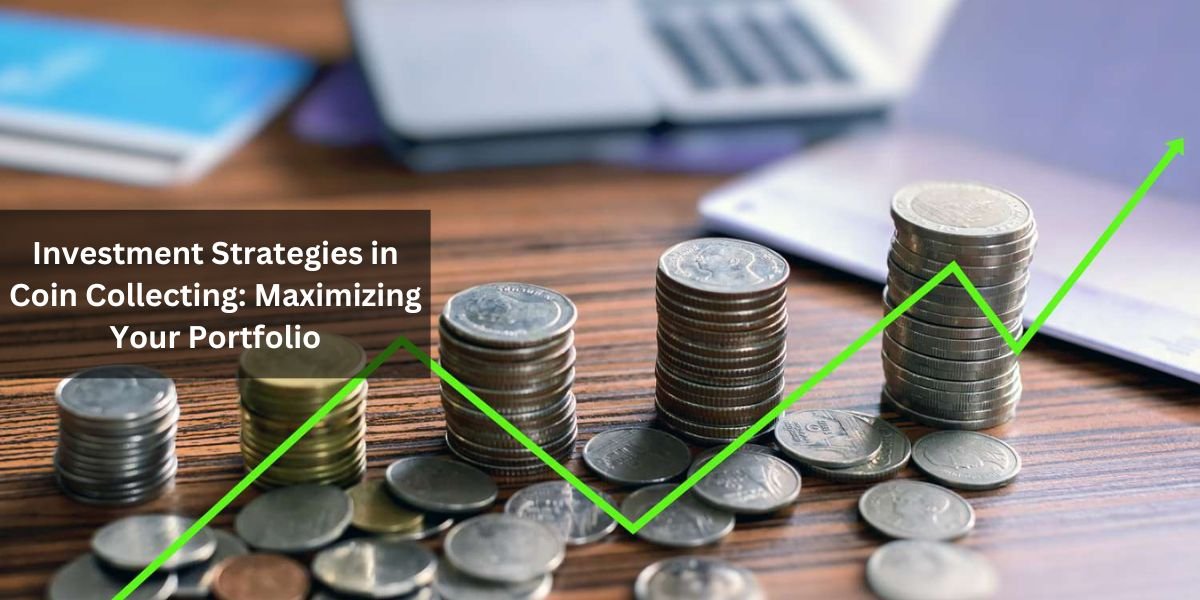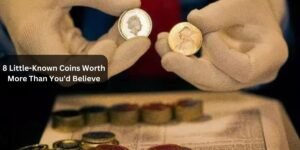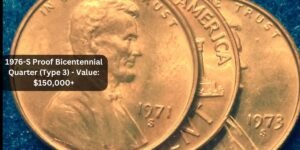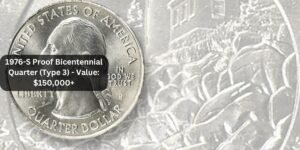Coins, those little pieces of history that jingle in our pockets, hold more value than meets the eye. Beyond their monetary worth, coins have become a lucrative investment opportunity for savvy collectors looking to diversify their portfolios. In this article, we’ll delve into the world of coin collecting and explore effective investment strategies to help you maximize your returns.
1. Understanding the Basics of Coin Collecting
Coin collecting, also known as numismatics, involves the acquisition and study of coins, tokens, and paper money. It’s not just about amassing a random assortment of coins; it’s about understanding their historical significance, rarity, and condition.
2. Conducting Thorough Research
Before diving headfirst into coin collecting, take the time to research different types of coins, historical periods, and minting techniques. Knowledge is power in the world of numismatics, and conducting thorough research will help you make informed investment decisions.
3. Building a Diversified Portfolio
Just like with traditional investments, diversification is key to mitigating risk in coin collecting. Spread your investments across different types of coins, including ancient, modern, gold, silver, and rare coins. This diversification will help safeguard your portfolio against market fluctuations.
4. Quality Over Quantity
When building your coin collection, prioritize quality over quantity. It’s better to own a few high-quality coins than a large number of mediocre ones. Look for coins in excellent condition with minimal wear and tear, as these are more likely to appreciate in value over time.
5. Investing in Rare and Historic Coins
Rare and historic coins often fetch premium prices at auctions and among collectors. Keep an eye out for coins with low mintage numbers, historical significance, or unique features. These coins have the potential to generate significant returns on your investment.
6. Staying Informed About Market Trends
Stay abreast of market trends and developments in the world of coin collecting. Subscribe to numismatic magazines, attend coin shows and auctions, and join online forums and communities. Being informed about market dynamics will help you make strategic investment decisions.
7. Leveraging Professional Expertise
Consider enlisting the help of professional numismatists or coin dealers when building your collection. These experts can provide valuable insights, authenticate coins, and help you navigate the complexities of the market. Their expertise can be instrumental in maximizing your investment returns.
8. Patience Is Key
Investing in coins is a long-term endeavor that requires patience and discipline. Prices may fluctuate in the short term, but historically, rare coins have demonstrated steady appreciation over time. Adopt a long-term investment horizon and resist the temptation to make impulsive decisions based on short-term market movements.
9. Protecting Your Investment
Properly storing and protecting your coin collection is essential for preserving its value. Invest in high-quality coin holders, albums, and storage solutions to prevent damage from dust, moisture, and handling. Additionally, consider insuring your collection against theft, loss, or damage.
10. Diversifying Beyond Coins
While coins can be a valuable addition to your investment portfolio, don’t overlook other asset classes. Consider diversifying your investments across stocks, bonds, real estate, and precious metals to further spread risk and maximize returns.
Conclusion
Coin collecting offers a unique opportunity to invest in tangible assets with historical significance and potential for appreciation. By implementing effective investment strategies, conducting thorough research, and staying informed about market trends, you can maximize your portfolio’s returns and enjoy the thrill of building a valuable coin collection.
FAQs
1. How do I determine the value of a coin?
Coin values are determined by factors such as rarity, condition, demand, and historical significance. You can consult numismatic guides, auction results, or enlist the help of a professional appraiser to assess a coin’s value.
2. Are rare coins a safe investment?
While rare coins have the potential for significant returns, they also come with risks. It’s essential to conduct thorough research, diversify your investments, and seek professional advice to mitigate risk and maximize returns.
3. Should I focus on collecting coins from a specific historical period?
Collecting coins from a specific historical period can be a rewarding niche, but it’s essential to diversify your collection to spread risk. Consider including coins from different periods, countries, and denominations in your portfolio.
4. How can I avoid purchasing counterfeit coins?
To avoid purchasing counterfeit coins, buy from reputable dealers, authenticate coins using professional grading services, and familiarize yourself with common counterfeit detection techniques. Trust your instincts and be wary of deals that seem too good to be true.
5.Can I sell my coin collection easily?
Selling a coin collection can vary in ease depending on factors such as market conditions, demand for specific coins, and the quality of your collection. Auction houses, coin dealers, and online marketplaces are common avenues for selling coins, but be prepared to invest time and effort into finding the right buyer at the right price.




